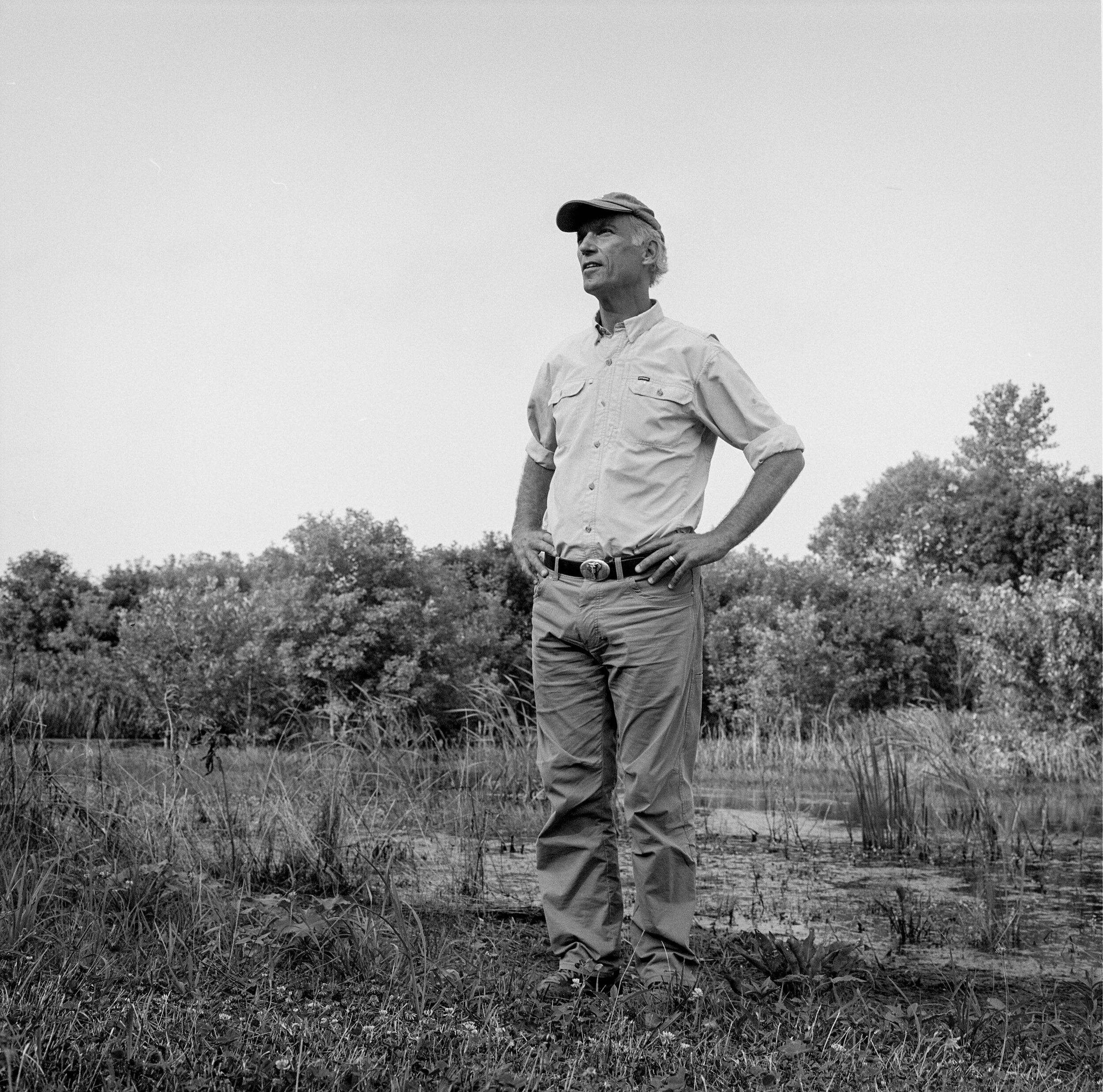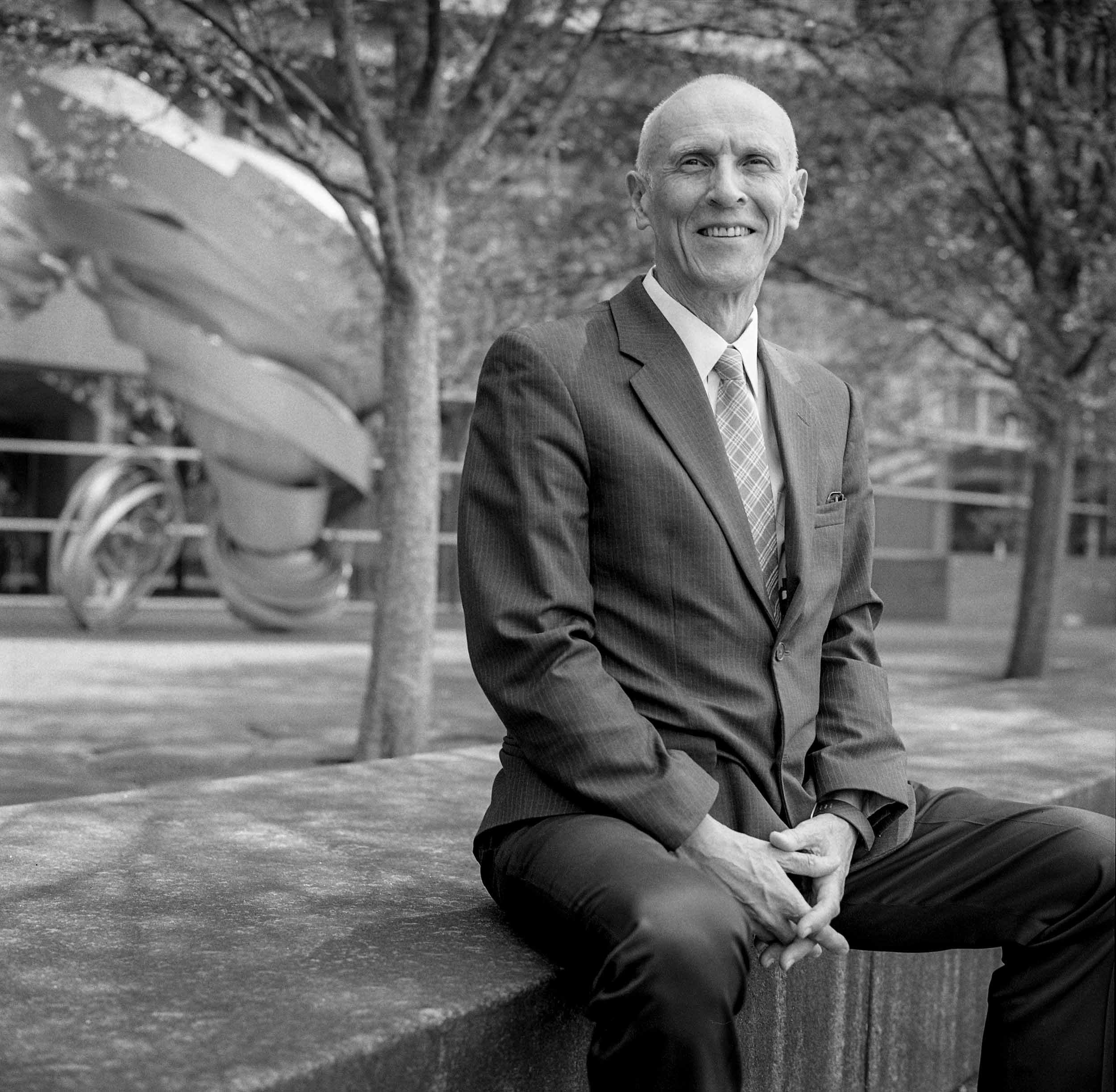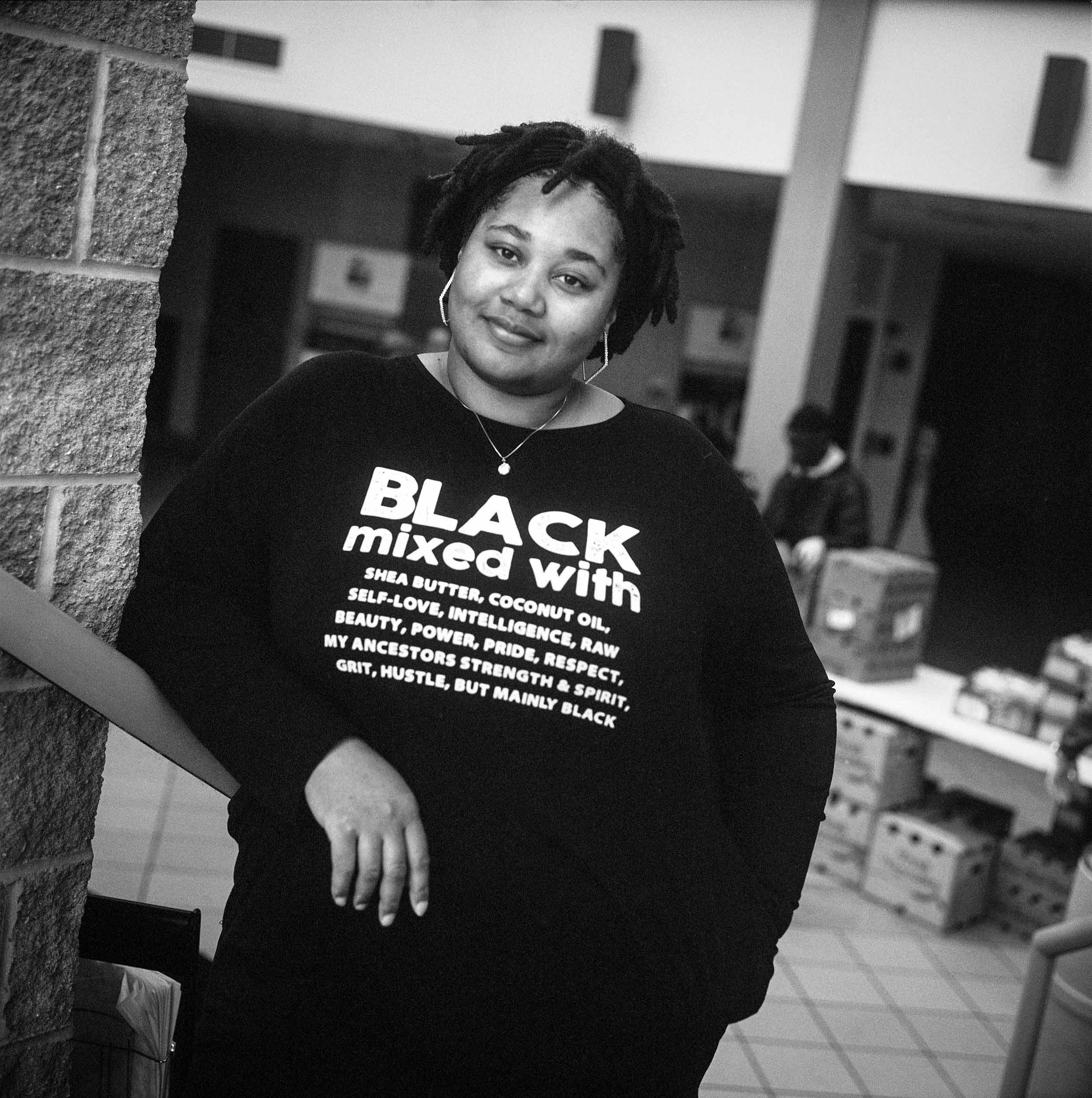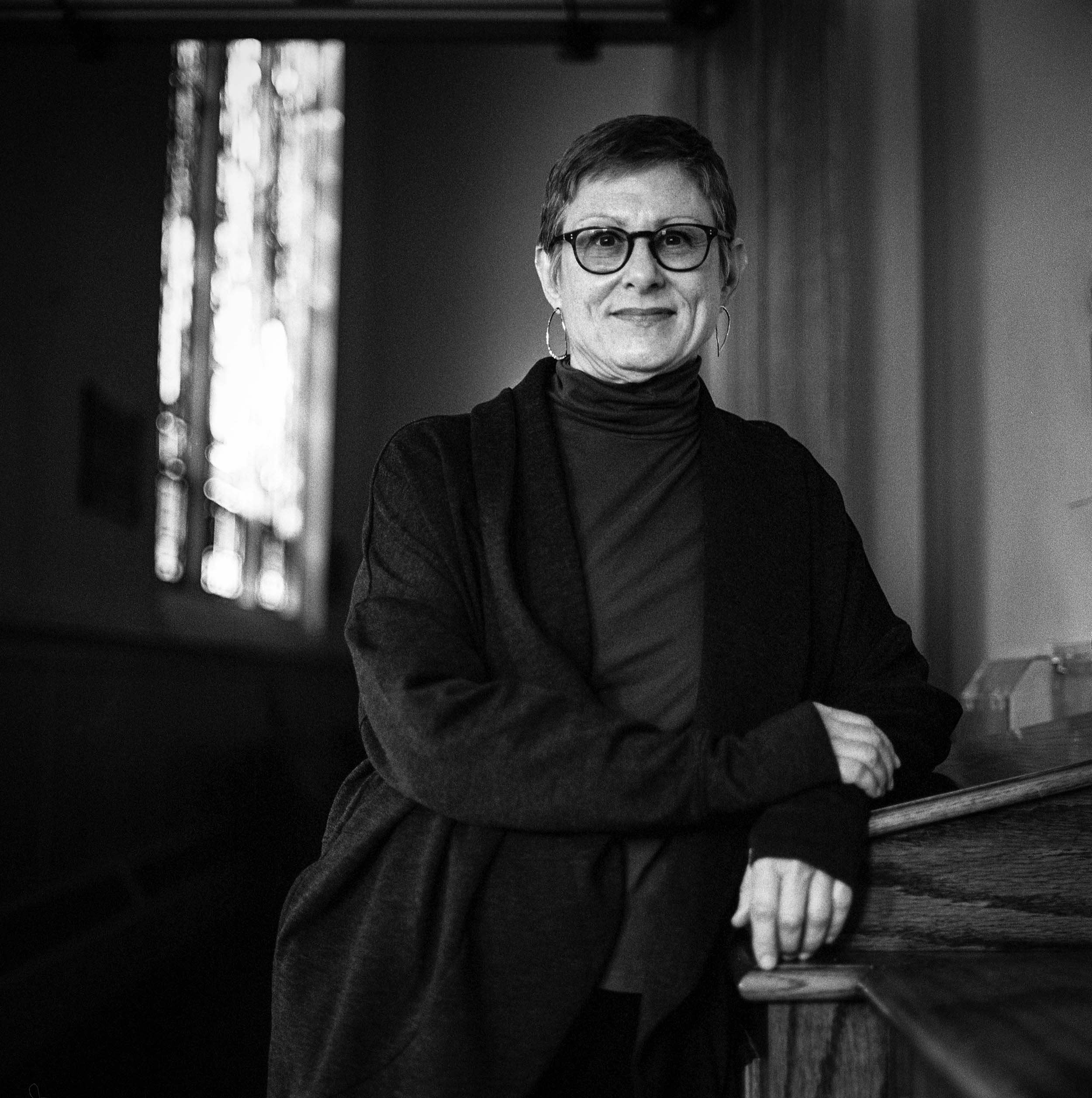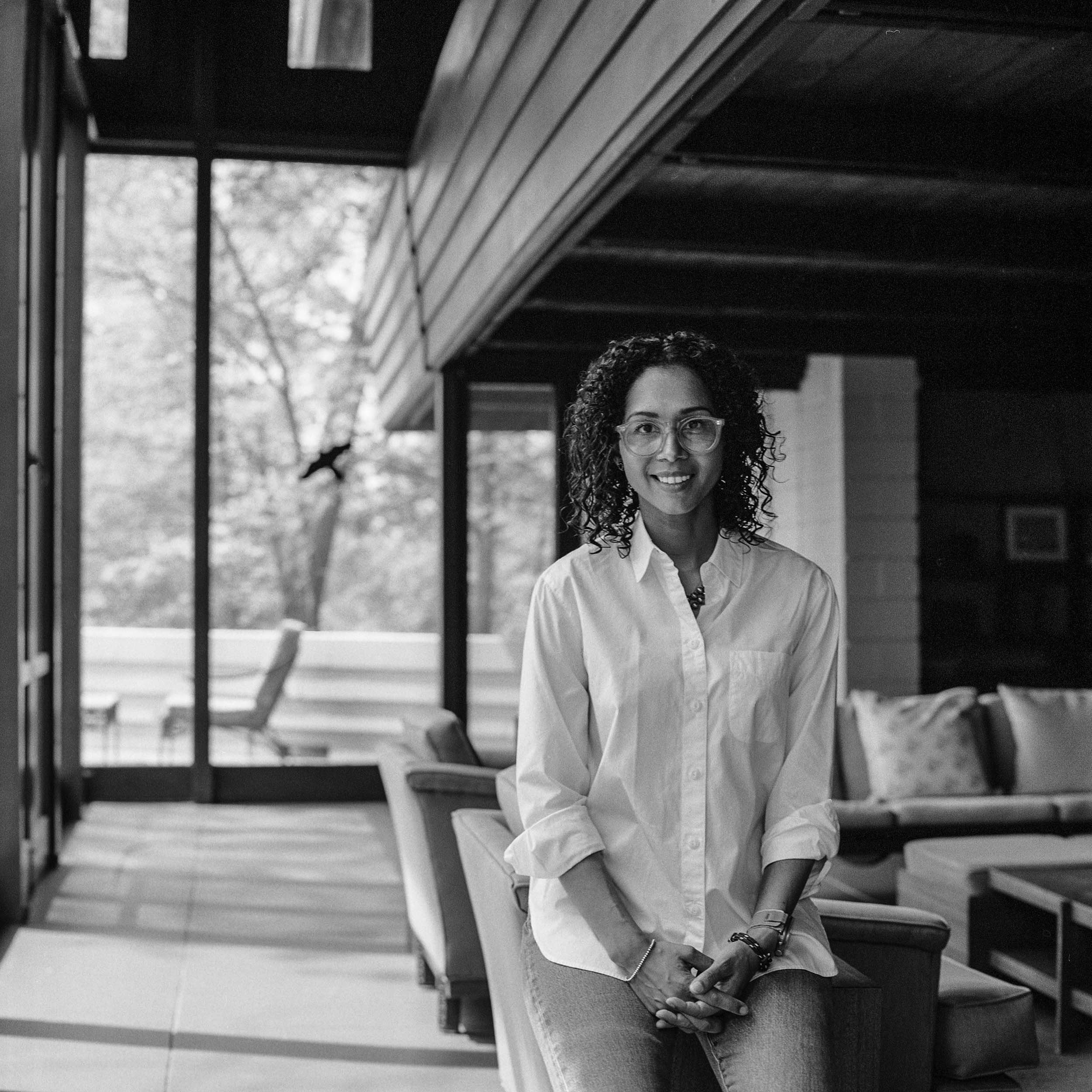D. Lynn Meyers
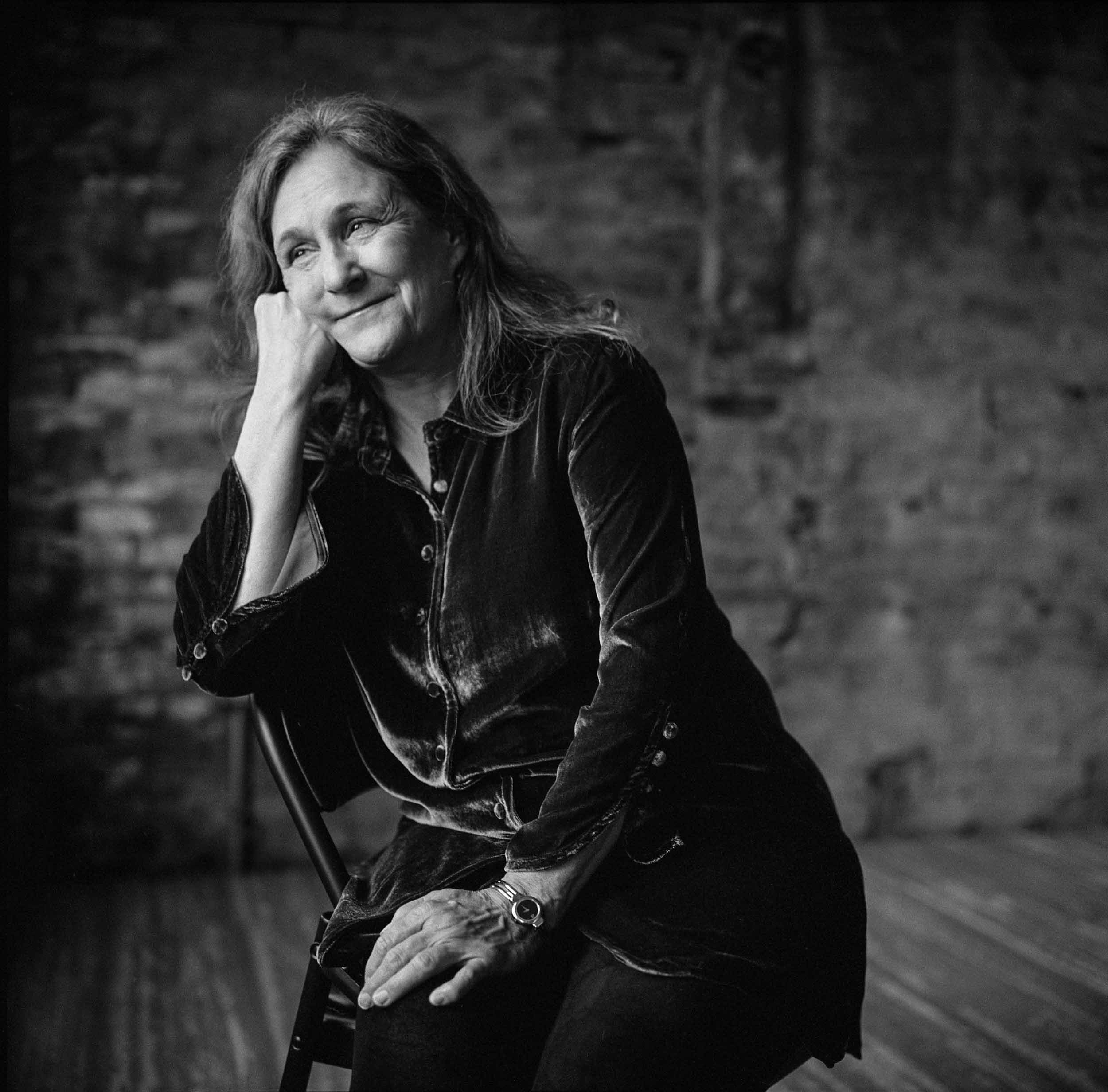
D. Lynn Meyers, Producing Artistic Director of Ensemble Theatre Cincinnati, talks about the healing power of food and art. | Photo by Michael Wilson
Can you share a favorite food memory from growing up?
During the late ’60s, my grandfather worked in a laundry during the week and on weekends at a stand at Findlay Market. The workers on weekends didn’t get paid in money; whatever vendors had leftover that was perishable, they would give that to people who worked there as payment. My grandfather carried a sheet or tarp and would come home late on Sunday afternoons and open up this sheet and inside it would be all of this food. My parents and grandparents lived together in Over-the-Rhine, and my grandmother did all the cooking; she’d stand there over all this food and plan the week’s meals. She was very creative and it was all made from basically scraps from Findlay Market. We felt so rich because this would all come home on a Sunday afternoon.
And what is it like to have the company be a vital part of the same neighborhood?
It feels extraordinary. We wouldn’t be the Ensemble Theatre if we weren’t at that address. It’s this unique intersection of what is necessary and what is hopeful, and we get to be right there in the middle of it.
Twenty-five years ago, we struggled from one show to another to stay open. And people came. And then the pandemic happened and for 18 months, everything shut down, and our relationship with all the bars and shops and restaurants that we worked together for 20 years to build just stopped. We bring 1,500 to 2,000 people into the neighborhood each week; we were a feeder for all the restaurants around us. And it all stopped.
We’re open, but some people are hesitant to come, or they’re not coming because we have Covid vaccination and mask requirements. But it’s a rebuilding. And all of these restaurants and bars that didn’t exist 20 years ago, we’re all just waiting for people to come back. These aren’t strangers; Over-the-Rhine is a family. All our actors and apprentices would work at those bars and restaurants.
It feels oddly familiar. But in addition to the practical need to come back together, there’s all of this social work that has to be done. That’s why we opened with Pipeline. If we’re gonna make it, we might as well make it sincerely. We’re doing the work we are meant to do and we’re doing it against a tough backdrop. But that’s what we do.
What are things like right now, at the beginning of October 2021, for the Cincinnati theater community?
We are rebuilding with tremendous hope and presenting work that’s as vital as ever. And we have to have masking and vaccination requirements in place in order to stay open.
It’s shifting on a day to day basis. Right now we’re trying to figure out our holiday show, which 2,000 kids see annually. How can we do this safely? If we keep the kids together in their classroom groups, I think we can.
Theater is an essential part of any community. This is a way to tell each other’s stories and to get to know each other and build toward understanding. And if you can do that after 18 months of no income, then you’re doing your job.
“[Theater is] like vegetable soup: There’s something about throwing things in the pot and cooking it up.”
How does theater open our eyes, hearts, and minds to different people with different lives and perspectives?
Theater is a safe way to walk into a world that lets you get to know other people and other circumstances. It’s more present than television or a movie; these are real people in front of you. And the collective experience of being in that and sharing something together is different.
It gives us the chance to look through the window of someone else’s life and observe it and hopefully learn something from it. Theater is little slices of life. We try to bring to the stage experiences that not all of us would have in our lives. Pipeline is a good example: A student has trouble at school and what does that do to the rest of his life?
What is it about the kitchen as a stage setting where characters come together and get into some really deep stuff?
If you go to anyone’s house or any party you always wind up in the kitchen. It’s the comfort zone. It’s a place we all know. When you put theatre together you have to have a common denominator.
So many plays revolve around the kitchen table because it’s a time for truth. Food brings out the best in us because it nourishes our bodies and souls. If theater is really going to be honest, it has to take us to an honest place. That’s where the kitchen and the table become critical.
That’s one thing the pandemic did was allow us as families to have more dinners together, by necessity if not by choice. My hope is that will continue. Once you come together and recognize how incredibly cool it is to be with these people you love it renews that sense of belonging.
If you were to host three characters from plays you’ve produced for dinner, who would they be?
I would definitely want Hedwig from Hedwig and the Angry Inch at the table because that play saved the theatre. I’d invite Diane, the mother from Next to Normal, to ask her what happened after she left the family at the end of the play. And I’d want Devine, the younger sister in brownsville song whose older brother was killed in the wrong place at the wrong time.
What are your favorite places to eat in Cincinnati?
I love Ron’s Roost, it’s a West Side place. And I could live on Frisch’s vegetable soup. My grandmother never made vegetable soup with meat in it and so does Frisch’s. I took a friend to Maury’s Tiny Cove last night … the food is delicious and the place is frozen in time. I haven’t been there in probably 20 years, but I recognized everything about it when we walked in. I love these family places that have created amazing environments.
There’s nothing better than a waffle from Taste of Belgium at 3:00 in the afternoon to get you through the night. Graeter’s is the place I go when I want to reward myself. And it’s so fun to defend Cincinnati chili when you go someplace else. Twenty-five years ago, we couldn’t walk up the street from the theater; now we can walk for waffles or tacos or ice cream.
It’s going to come back. It has to. I have to believe it. Theater is healing. And food is healing.
It’s like vegetable soup: There’s something about throwing things in the pot and cooking it up – that’s where we are as a society. It has to be about coming together and sharing and understanding each other.
Bryn’s long career in publishing took a left turn sometime around 2010, when she discovered the joy of food writing. Since then, she’s found professional nirvana as the editor of Edible Ohio Valley, author of The Findlay Market Cookbook, and occasional instructor at The Cooking School at Jungle Jim’s. Find her seasonal recipes at writes4food.com.

